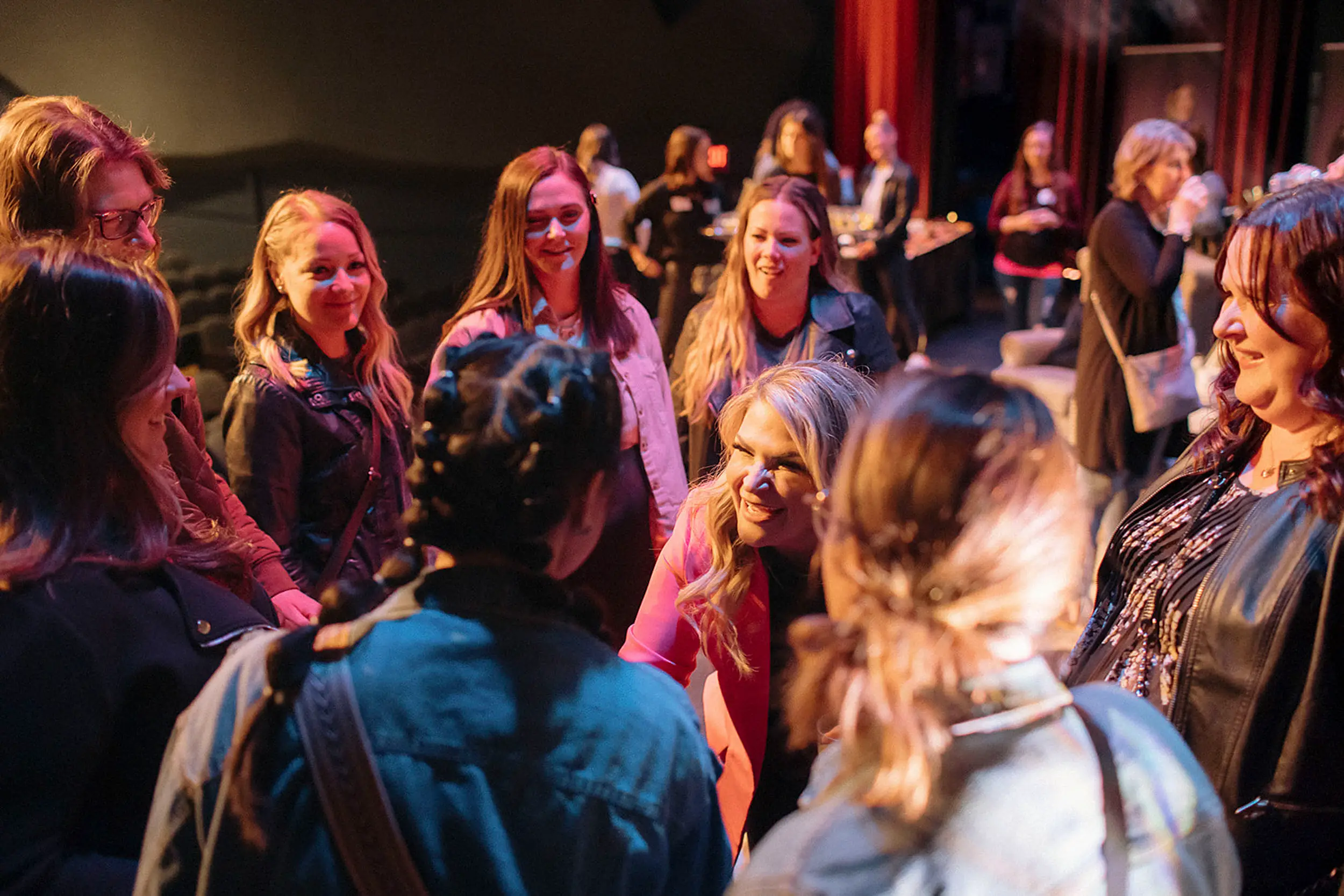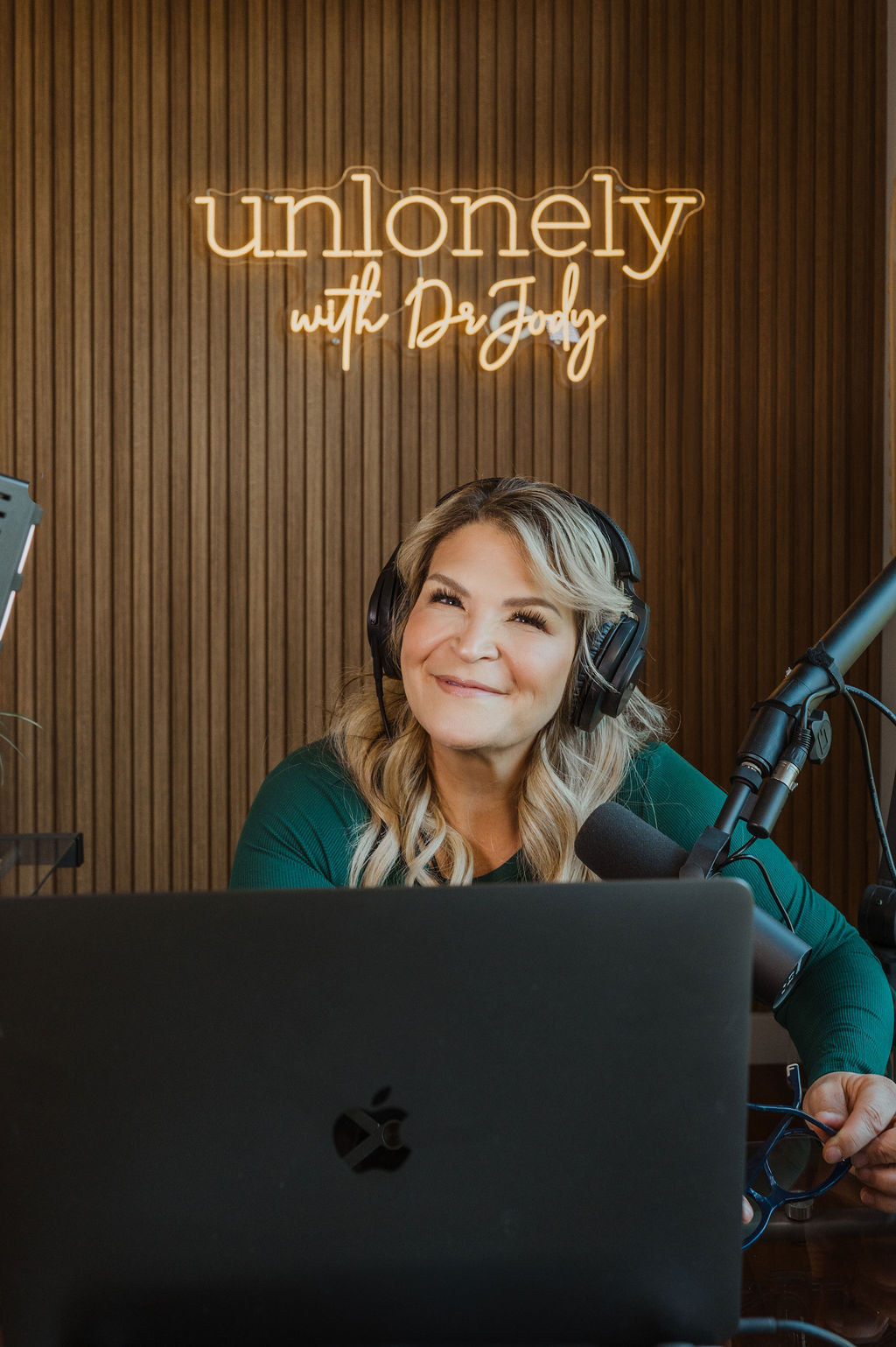5 Ways to Develop Your Emotional Intelligence
As a psychologist, a topic I’ve always wondered about is “emotional intelligence”, or EI. What is it? Does it carry any weight? There are lots of thoughts about the robustness of the concept of emotional intelligence, largely because emotions are harder to measure than cognitive ability.
Technically, EI refers to the ability to perceive, control, and evaluate emotions, both in yourself and in others. Emotional intelligence is generally said to include a few skills: emotional awareness, or the ability to identify and name one’s own emotions; the ability to harness those emotions and apply them to tasks like thinking and problem solving; and the ability to manage emotions, which includes both regulating one’s own emotions when necessary and helping others to do the same.
Overall, I often think about EI as someone’s “bedside manner” or how someone is able to “read a room.” A person can be remarkably cognitively bright but have no clue how to navigate the emotions necessary in relationships.
Emotional intelligence is a set of skills and behaviors. While some people will be naturally more adept at certain aspects, EI is most certainly something we can practice. And, I think it’s something we can all learn about as we develop our own capacity for emotional language.
Here are 5 ways to develop your emotional intelligence:
- Look outside yourself. Who needs some love today? Call or text them, even if it feels awkward. All you need to say is, “Hey, I’m thinking of you. How are you?”
- Eyes on. Who in the room seems “off?” When you walk into a meeting or a gathering, practice making eye contact with everyone. The person who struggles to hold your gaze, or is looking at the floor today...they might need a check-in.
- Observation over reaction. Emotions will always be a part of us, but they don’t have to control us. Next time you feel angry, sad, or resentful – just observe that. Try your best not to react and instead, pay attention to where that emotion is showing up as a physical feeling in your body.
- Pay attention to your behaviour. While you’re practicing your emotional awareness, take the time to notice your behaviour too. If you have a big reaction to your emotions (AKA you lose your mind because you can’t find your keys) then feel free to come undone. But revisit it later. Regulating our emotions is easier when we become more conscious of how we react.
- Celebrate the good. As much as we tend to focus on the “bad” emotions, remember that EI is about acknowledging the positive things in our lives, AKA gratitude. Focusing on the good leads to positive emotions and relationships – which means we’re better equipped to deal with adversity when it slaps us in the face.







Lorem ipsum dolor sit amet, consectetur adipiscing elit. Suspendisse varius enim in eros elementum tristique. Duis cursus, mi quis viverra ornare, eros dolor interdum nulla, ut commodo diam libero vitae erat. Aenean faucibus nibh et justo cursus id rutrum lorem imperdiet. Nunc ut sem vitae risus tristique posuere.